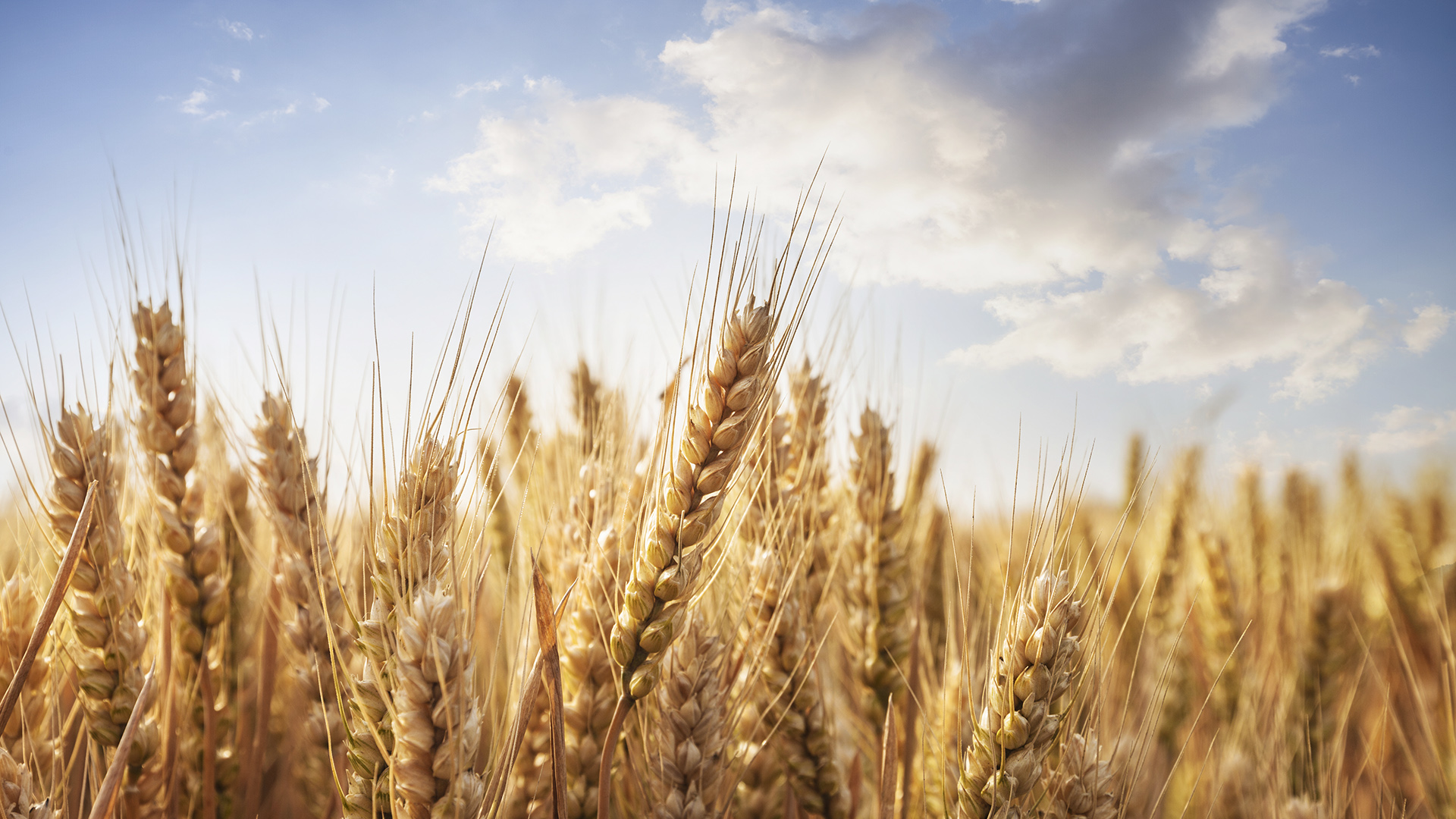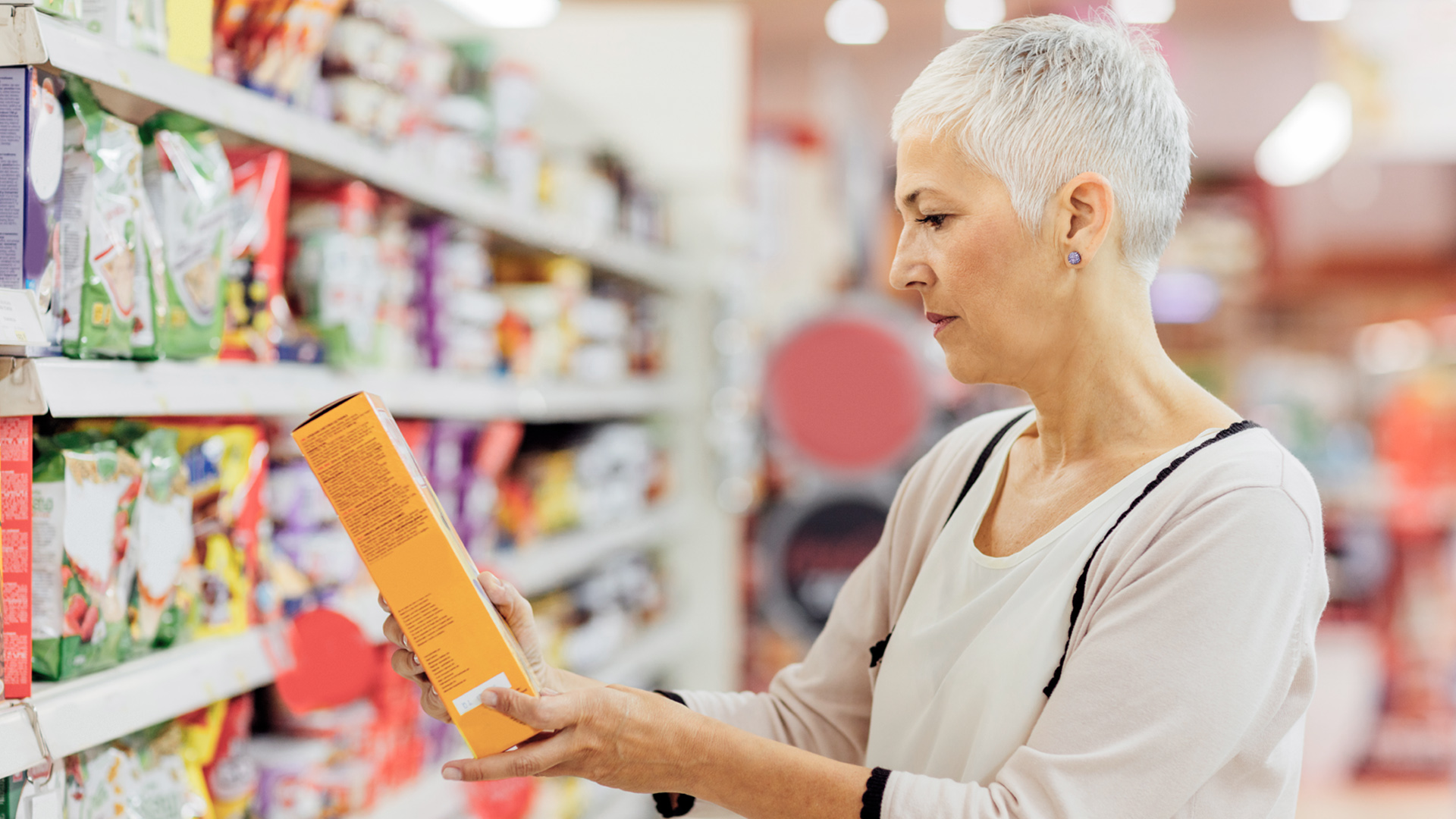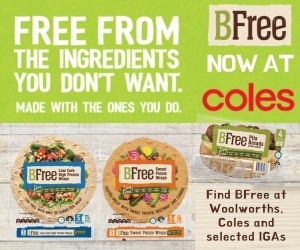ARTICLES > HEALTH & WELLBEING
WHAT DOES ‘MAY CONTAIN GLUTEN’ MEAN?
What does ‘may contain gluten’ on a food label mean? Should you avoid these products? Here’s what you should know.
By Penny Dellsperger
MANY PRODUCTS CARRY A 'MAY CONTAIN GLUTEN' WARNING. SHOULD WE TREAT THESE AS 'DOES CONTAIN GLUTEN'?
The short answer is no. Just because a ‘may contain gluten’ statement (or another version of a cross-contact statement) is used does not mean that the product definitely contains gluten. Often the opposite is true: one Australian study found that approximately 65 percent of packaged products on supermarket shelves use a cross-contact statement (not specifically for gluten, but for any allergen). But when tested, more than 90 percent of these products had no allergen present at all. So, the cross-contact statement was potentially unnecessary.
These statements are certainly overused. Even when used appropriately, a cross-contact statement doesn’t mean that there are significant levels of gluten present; by definition, cross contact occurs unintentionally and sporadically.
Food industry bodies, for example the Australian Food and Grocery Council and the Allergen Bureau, have been very proactive in developing industry guidelines to help manufacturers determine when a cross-contact statement should be used (and when it should not be used). Coeliac Australia continues to collaborate with industry to encourage best practice. These guidelines are only voluntary though.
As an organisation, Coeliac Australia’s advice is that the ‘safest’ option is to avoid all products that declare they ‘may contain gluten’. However, the decision is ultimately up to the individual – what level of risk are you comfortable with?
Various factors need to be considered, including how often the product is consumed and in what quantity. When purchasing a breakfast cereal that will be consumed every morning, for example, the risks associated with choosing a cereal that ‘may contain gluten’ are likely to be higher than chocolate that you will (hopefully!) consume in smaller amounts and less frequently. Some choose to avoid all ‘may contain’ products, while others make an informed decision about each individual product.
Regular medical follow-up is important to ensure that your coeliac disease is managed effectively, whatever choices you make. And this is key: there are grey areas in the management of coeliac disease; there isn’t a ‘one size fits all’ approach that works or is necessary for every person with coeliac disease. It is a condition that needs to be managed on an individual level.
GOT A QUESTION?
We know living gluten free comes with changes and sometimes a lot of questions – share yours for some good advice from Penny.
READ THIS NEXT

ARE MY SUPPLEMENTS GLUTEN FREE?
Can you still have your supplements if you have coeliac disease? Accredited Practising Dietitian and health expert with Coeliac Australia Penny Dellsperger shares her advice.

CHILDREN’S DIAGNOSIS: WHAT’S NEXT
Does your child with coeliac disease need a follow-up biopsy? Accredited Practising Dietitian and health expert Penny Dellsperger shares her advice.

SPOTTING WHEAT-DERIVED INGREDIENTS
Why are there wheat-derived ingredients in gluten-free products? Accredited Practising Dietitian and health expert Penny Dellsperger explains.
See more















0 Comments